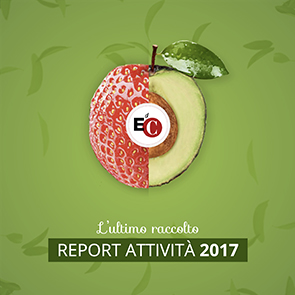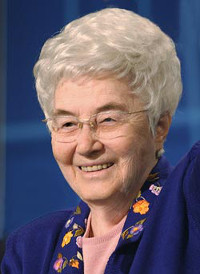Anpecom created an initiative called Supera (Programme for Overcoming Economic Vulnerability) and structured a methodology that allowed them to reach many people and experience communion and fraternity through material and relational goods.
Published on United World Project.
“Taking care of others is an act of courage,” says Jomery Nery, a young Brazilian tax lawyer and director of the Portuguese National Association of the Economy of the Communion (ANPECOM).
One ANPECOM project, known as Supera (Overcoming Personal Economic Vulnerability), is describe by Jomery as a personal growth project. Poverty in Brazil is not a simple thing; the problem is quite broad. It is estimated that 13.6 million people in Brazil live on less than $1.90 a day and 51.7 million on $5.50 a day.
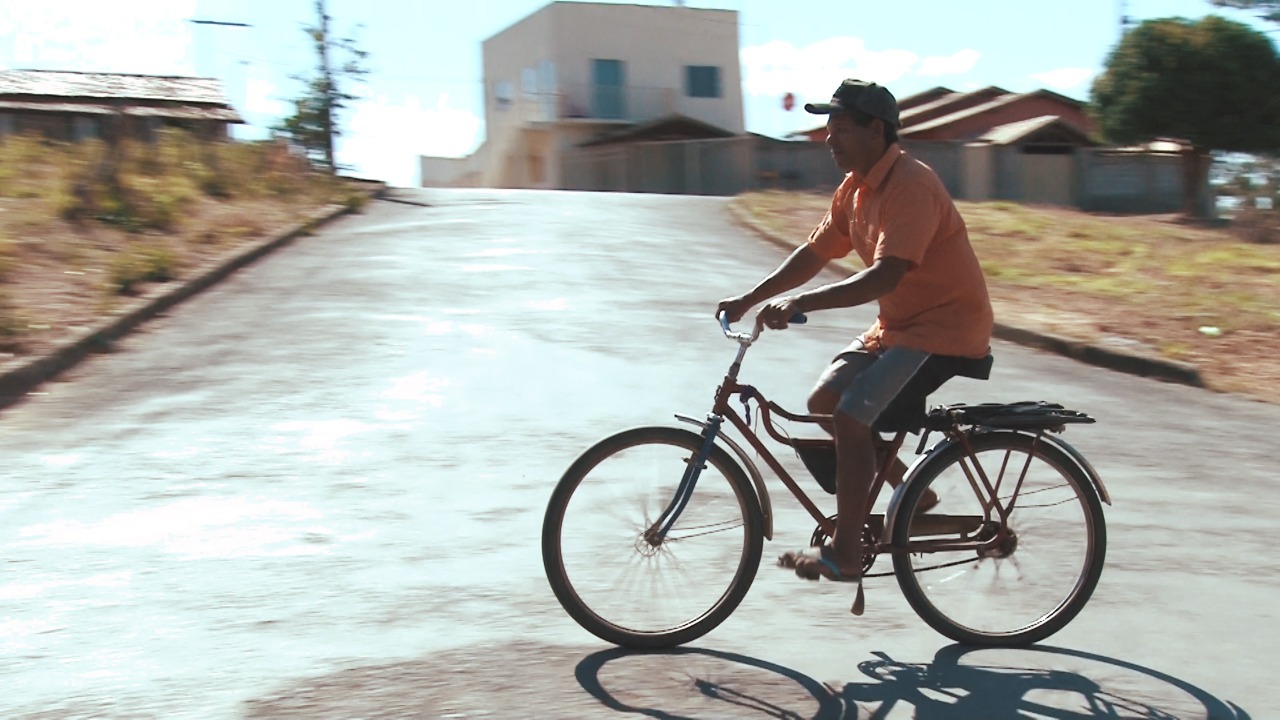 With such alarming figures, where does someone begin to uproot poverty? It is not an easy task, but for more than 10 years, Supera has come up with a methodology which has allowed them to reach many people and to experience the communion of fraternity through a communion of material goods and relationships.
With such alarming figures, where does someone begin to uproot poverty? It is not an easy task, but for more than 10 years, Supera has come up with a methodology which has allowed them to reach many people and to experience the communion of fraternity through a communion of material goods and relationships.
We interview Jomery to find out more about the project, which had to switch gears for the past 12 months because of the pandemic.
Let’s start at the beginning. Jomery, how does Supera work?
We receive messages throughout the year people who need help finding something to eat, building a house to live in, because they’re living in houses made of cardboard, finding money for the rent, paying school fees or start a small business. Once a year we launch the Communion and Action Campaign, which is a two-month-long campaign for businesses, organizations, individuals, or anyone who wants to contribute. We use the social network and newspapers to spread the campaign and gather the monies which are then used to help people who are in need.
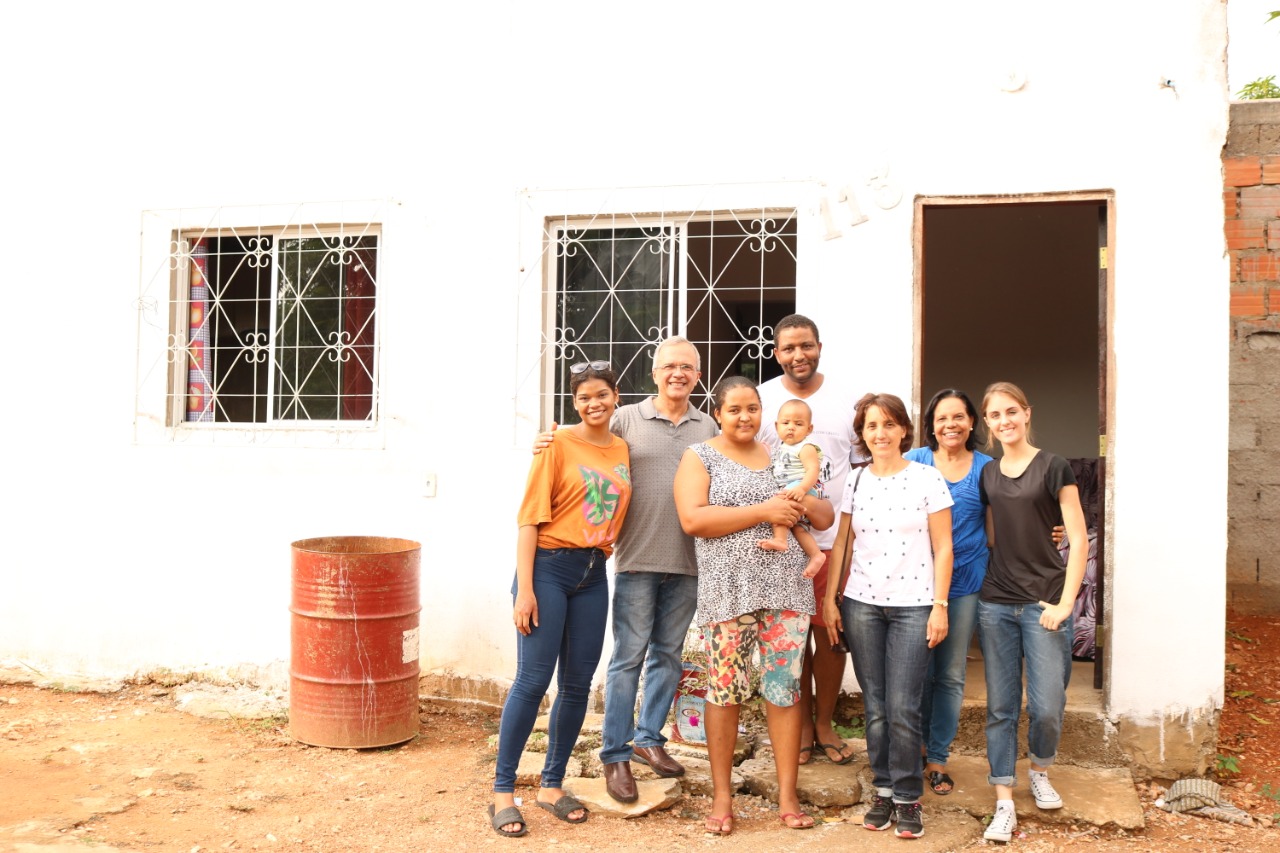
We know that hundreds of people are looking for help, but resources are not endless. How do you identify and select who will receive help?
We have a coordinator whose job is not only to gather the names of the people who need help, but to get to know their real needs and their backgrounds, and to understand how they can be helped. The coordinator takes an interest in their lives, meets their family and gets to know their desires. Then we analyze how to help them because, sometimes, it’s not a matter of money but of organization. They might be looking for a job but are doing so in the wrong way, so we guide them and look for the job together.
How was this year of the pandemic, how did it affect you and how did you live through it?
In Brazil, the rate of unemployment has gone up and we have more people on the streets again, holding signs that say “I’m hungry.” We hadn’t seen that in a long time. We felt like we had to do something and were provoked by a leader of the community of Beiru, in Salvador de Bahia. It was difficult to find formal employment in that community, because the informal economy is predominant and, at the beginning of the pandemic, when everything closed, the people who were selling on the streets were stranded without anything to eat. That’s when this leader of the community wrote a message to ANPECOM: “I’m hungry.” Right then, we did a small communion of goods among the people closest to us and delivered it to him. But, from that moment, we felt that we had to do something not only for the leader of that community, but for everone. That’s how we decided to begin a special Covid-19 campaign. It began in March and later was able to help the people living in Amazzonia who make their living on fishing, people who lost their job from one day to the next.
In October, we held the regular campaign, the one we hold every year. To be honest, we thought that donations would be less this year. We were surprised to discover that donations had increased and we were able to help even more people than before.
What effect does the help have on the people who receive it?
Sometimes it’s an effect that we could never even imagine. For example, there was one family living in a house made of cardboard. They had been selected to receive help from the money gathered by Supera and received the money to build their house. The father of this family took all the leftover bulidng materials and gave them to his next-door neighbor who had also been living in a cardboard house. These actions are like a wave that goes out, but we never know how far it will reach.
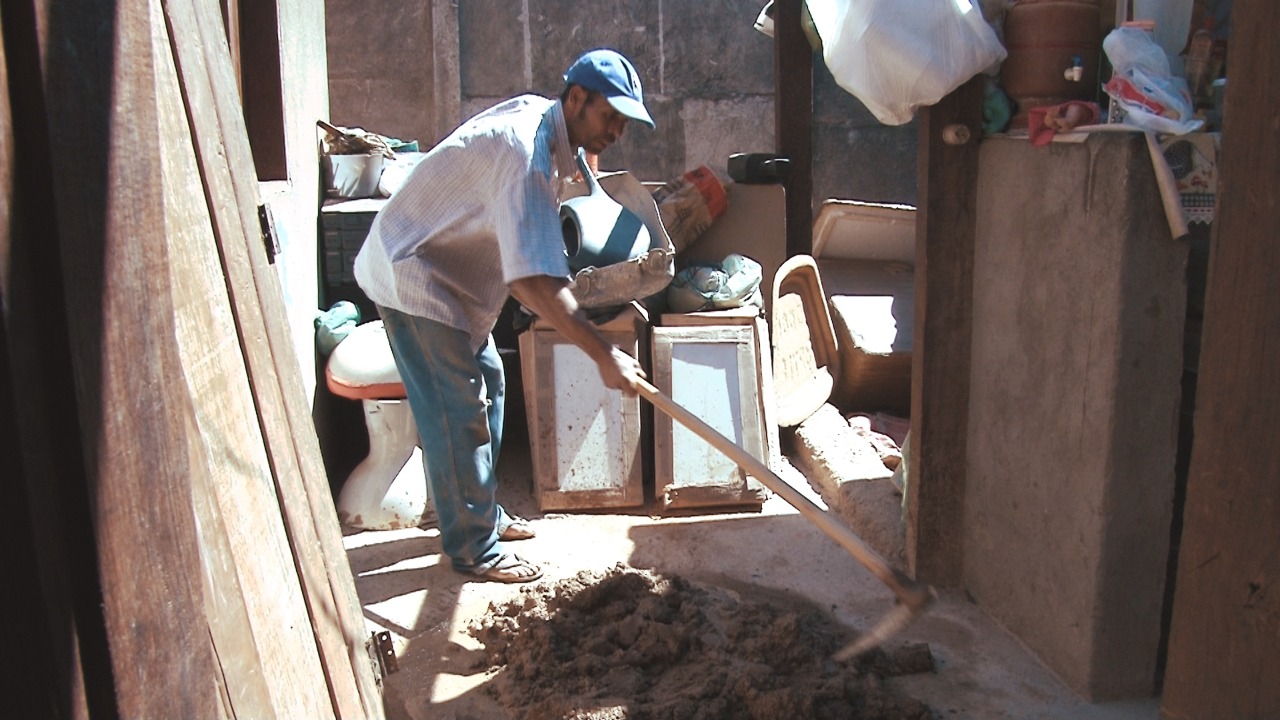
We also helped a girl go to college and, when she graduated, she began to work and generate income. She gives part of her income to help support Supera. There are also people who no longer need assistance, but they write to us to thank us and say that, fortunately, they no longer need any help. This is a real gift for us, because often we never know how people react to the money that arrives, but building relationships that are clean and transparent, we find the answers.
How do these projects help to build a more united world?
I think it is an act of bravery when we go out of ourselves to help someone else, even more when you don’t know the person whom you are taking care of. Whenever we receive donations, we receive a gift from someone who wants to help someone else with a problem. For us in ANPECOM, it is also an act of courage to go out of ourselves and work at no cost for this cause. But we take this as a duty and a mission to help those who are most in need.
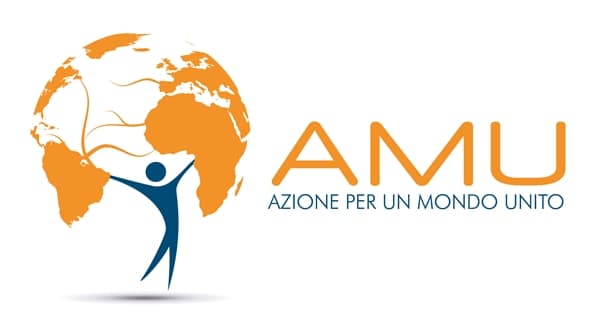





















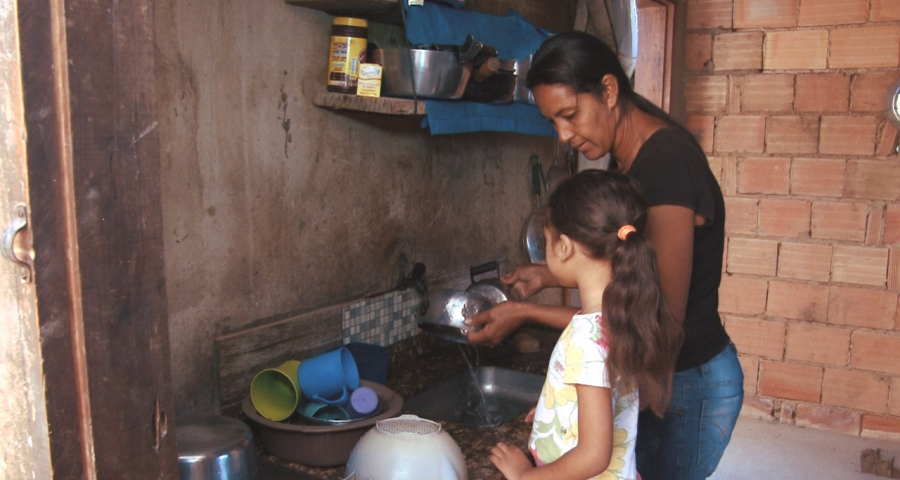
 With such alarming figures, where does someone begin to uproot poverty? It is not an easy task, but for more than 10 years, Supera has come up with a methodology which has allowed them to reach many people and to experience the communion of fraternity through a communion of material goods and relationships.
With such alarming figures, where does someone begin to uproot poverty? It is not an easy task, but for more than 10 years, Supera has come up with a methodology which has allowed them to reach many people and to experience the communion of fraternity through a communion of material goods and relationships.








